As we age, our skin inevitably undergoes the aging process. The elasticity of the skin gradually decreases, wrinkles and fine lines begin to appear, and uneven skin tone may develop. Understanding the basics of anti-aging skincare can help you effectively slow down the aging process and maintain youthful, healthy skin.

1. Fundamental Anti-Aging Skincare Steps

Cleansing is the first step in any skincare routine. Keeping the skin clean helps remove dirt and excess oil, preventing clogged pores and skin issues. Choose a gentle cleanser to avoid disrupting the skin’s natural barrier.
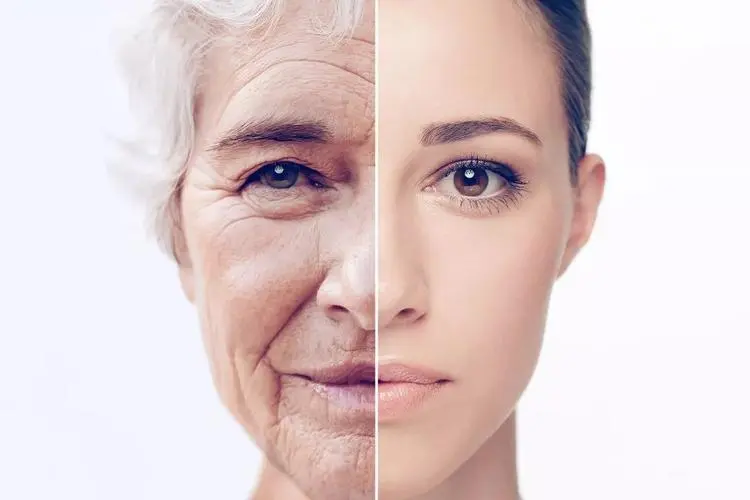
Toning helps balance the skin’s pH and prepares it for the next steps in your routine. Anti-aging toners often contain hydrating and antioxidant ingredients, such as hyaluronic acid and vitamin C, which enhance skin hydration and radiance.

Serums are crucial in anti-aging skincare. Serums typically contain high concentrations of active ingredients, such as retinol (vitamin A), vitamin C, and peptides, which stimulate collagen production, reduce wrinkles and fine lines, and improve skin elasticity and firmness. Retinol promotes skin cell turnover, improving texture, while vitamin C provides powerful antioxidant protection and brightens the skin.

Moisturizing is key to maintaining skin hydration. As we age, the skin’s moisture content decreases, leading to dryness and the formation of fine lines. Choose a moisturizer with ingredients like hyaluronic acid, glycerin, or ceramides to lock in moisture, maintain skin hydration, and strengthen the skin barrier.
Sun Protection is a crucial step in anti-aging skincare. UV rays are significant contributors to skin aging, causing collagen and elastin breakdown, which leads to wrinkles and dark spots. Use a broad-spectrum sunscreen with an SPF of at least 30 daily to protect the skin from UV damage and prevent premature aging.
2. Key Anti-Aging Skincare Ingredients
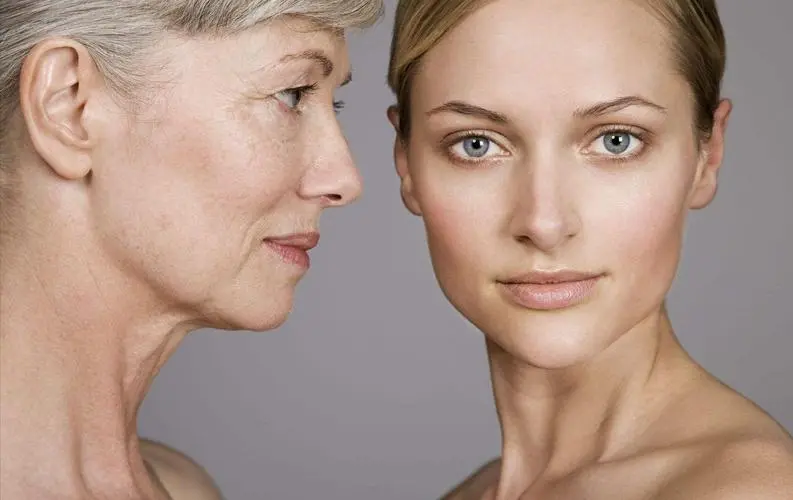
Retinol (Vitamin A): Retinol is a potent anti-aging ingredient that promotes skin cell turnover, enhances skin elasticity, and reduces the appearance of fine lines and wrinkles. It also helps improve uneven skin tone and dullness, making the skin look brighter and smoother.
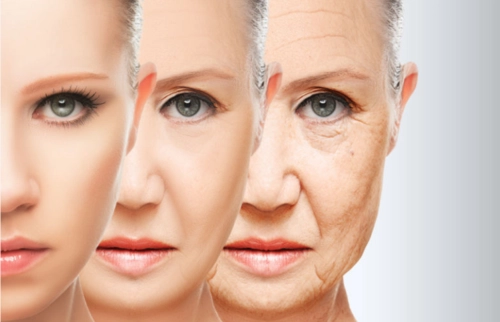
Vitamin C: Vitamin C is a powerful antioxidant that neutralizes free radicals, reducing environmental damage to the skin. It helps stimulate collagen production, improving skin elasticity and firmness, and diminishing dark spots and hyperpigmentation.
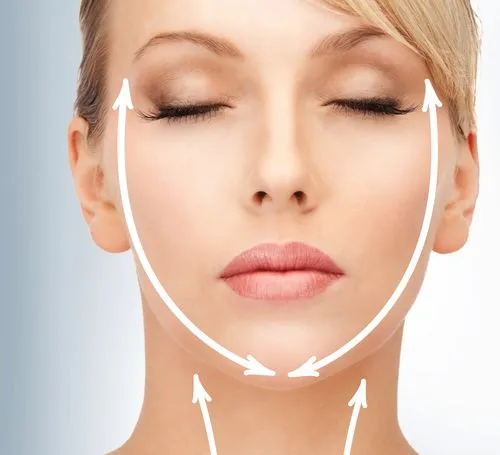
Hyaluronic Acid: Hyaluronic acid is a natural moisturizing ingredient that effectively retains moisture in the skin, keeping it plump and hydrated. It also helps to fill in fine lines, making the skin look smoother and fuller.

Peptides: Peptides are small protein fragments that stimulate collagen and elastin production. They help improve skin firmness and elasticity, reducing wrinkles and sagging.
3. The Impact of a Healthy Lifestyle
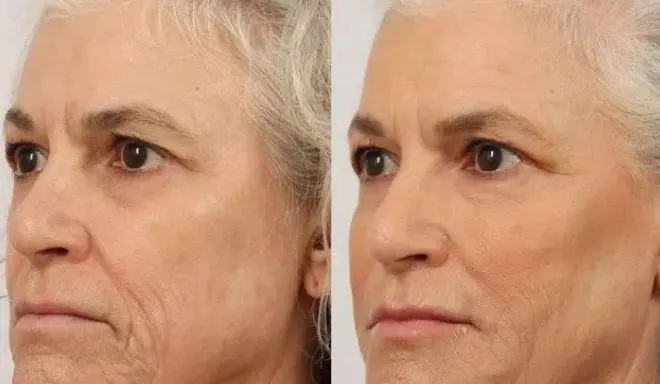
Anti-aging skincare relies not only on products but also on a healthy lifestyle. Maintaining a balanced diet rich in antioxidants, vitamins, and minerals, such as fruits, vegetables, and whole grains, supports skin health. Avoiding highly processed and high-sugar foods helps reduce skin inflammation and damage.

Adequate sleep is crucial for skin repair and regeneration. Getting 7-8 hours of quality sleep each night allows the skin to repair itself, reducing wrinkles and fine lines.
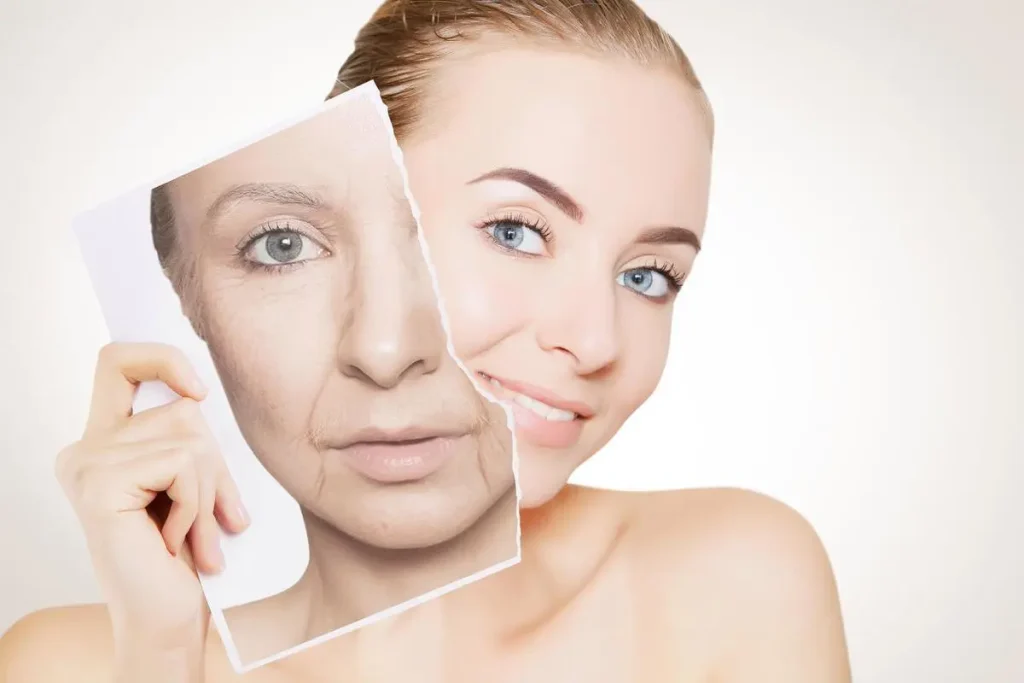
Regular exercise promotes blood circulation, enhancing the skin’s natural glow. Avoiding harmful habits like smoking and excessive alcohol consumption is also important, as these can damage the skin and accelerate the aging process.

By combining proper skincare routines, key ingredients, and a healthy lifestyle, you can effectively slow down skin aging and maintain youthful, healthy skin. Adhering to these anti-aging measures will help preserve skin’s radiance and elasticity, counteracting the effects of time.

